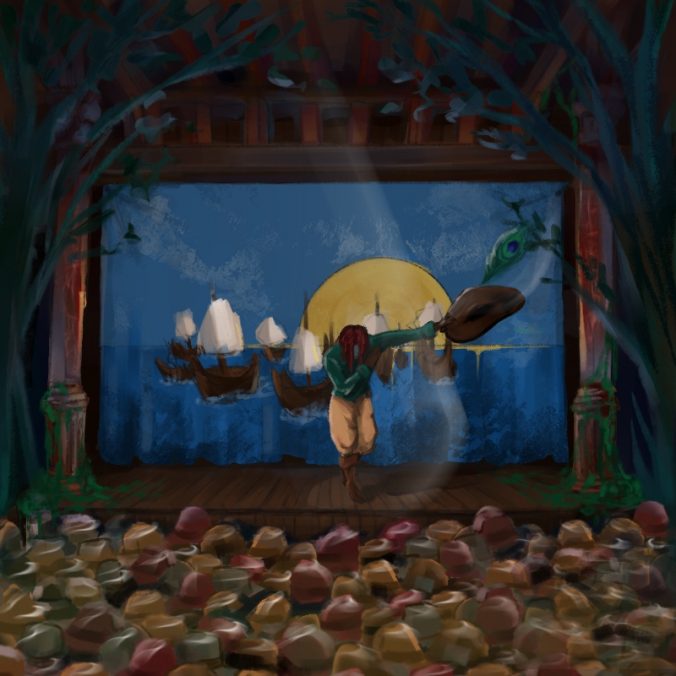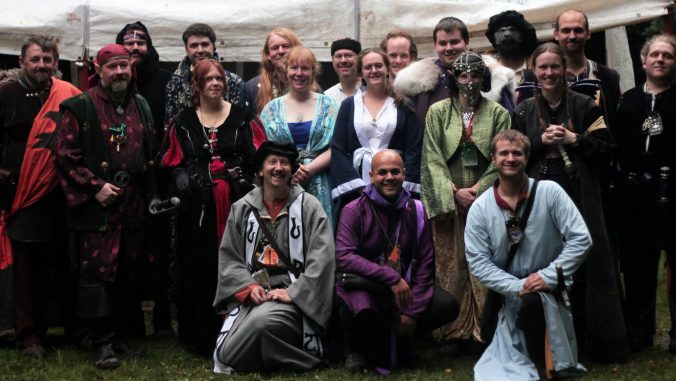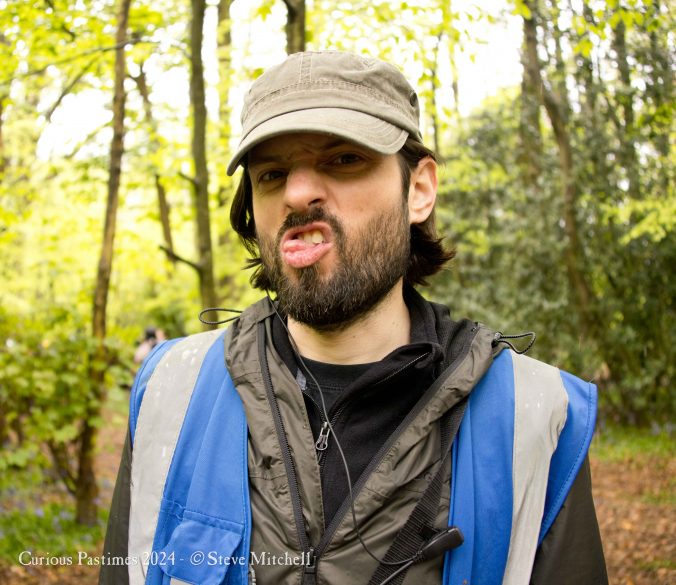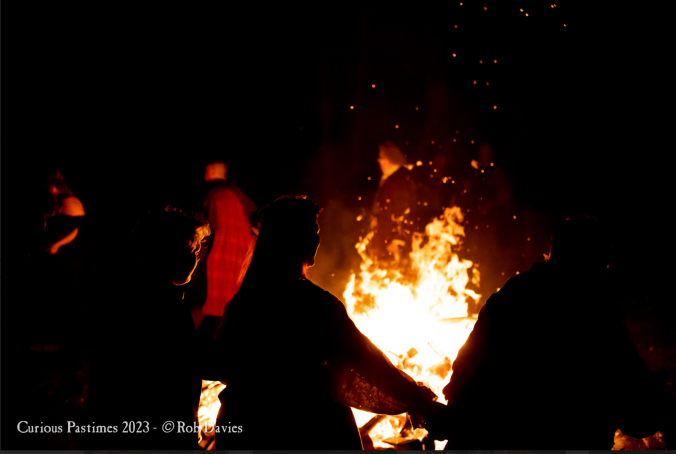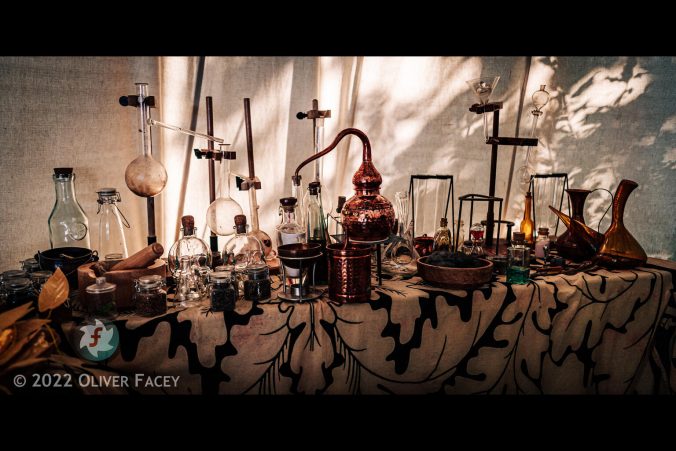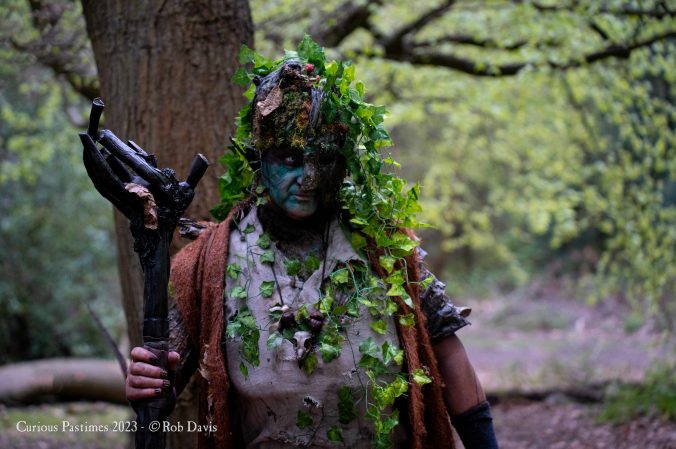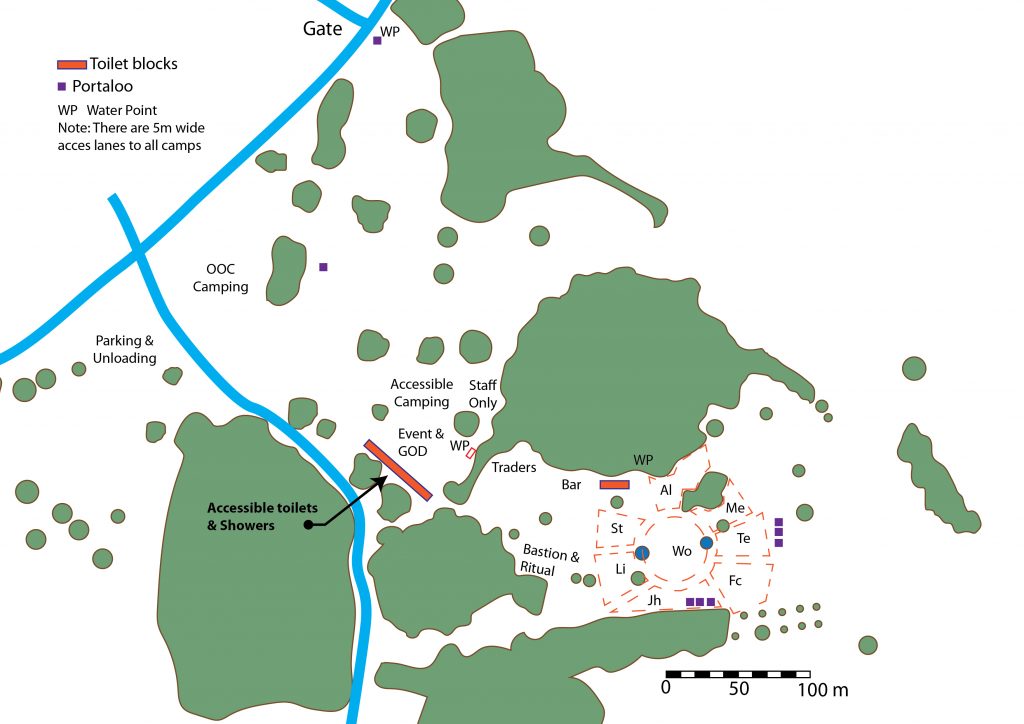It’s finally time to unveil the Curious Pastimes Second Edition rules!
After close to 2 years of feedback and writing and writing and writing and then discussing and debating and getting more feedback and then some more writing, we’re excited to unveil the Curious Pastimes Second Edition rules. This new edition builds on 28 years of experience, offering a more accessible and dynamic system for everyone.
First of all, thank you to everyone who contributed feedback and helped shape these updates. Your support has been invaluable in making the game more engaging for all.
We apologise for the length of this post, but with so many changes, we wanted to provide a comprehensive overview. We’ll explore more details in upcoming blog posts. If this is too long we have created a video that covers the same ground and can be found here: https://youtu.be/D3MX-YXs2h4 for those of you that want to jump straight to the rules the wiki can be found at: https://wiki.curiouspastimes.co.uk/
In this post, we’ll cover:
- Design Principles
- Character Creation and Archetypes
- Character Progression
- Multiclassing
- Economy and Resources
- Work Units
- Magic and Rituals
- Training and Research
- What’s Next
We’ll be sharing the top-level changes for each of these topics, so read on to discover the exciting updates coming as part of the 2nd Edition rules!
Design Principles
When we set out on this journey we wanted to create a rule set that stays true to the heart of Curious Pastimes while making the game more enjoyable for everyone. Collaboration is at the core of our Second Edition, alongside transparency and accessibility. One of the biggest changes we’ve made is removing hidden barriers that previously limited some character paths, ensuring all players can clearly see their options and make informed decisions about progression.
We’ve designed the system to be flatter, meaning new players can ease in without feeling overwhelmed, while veterans still get to feel powerful. We’ve also emphasised collaboration, whether on the battlefield or in research and exploration, giving you more ways to engage with the world’s mysteries together.
Character Creation
We wanted to give players more focus in character creation without limiting creativity. Choose from four distinct archetypes:
- Creator: Focuses on crafting, making, and shaping the world through skills like alchemy, blacksmithing, artistry, and surgery.
- Magician: Specialises in spellcasting and rituals, utilising magic points to perform various magical abilities.
- Scout: Relies on wit, agility, and cunning. This archetype includes roles like diplomats, thieves, and negotiators who excel at outsmarting opponents.
- Warrior: The physical combat specialist, ranging from brute-force fighters to strategic leaders on the battlefield.
These archetypes provide structure for characters while still allowing flexibility to mix skills from other paths. You’ll start with 20 experience points to spend on general and archetype-specific skills. We’ve streamlined the process to make it easier to build your character. For those who love to specialise, we’ve also included pinnacle abilities, worth 11 experience points or more, representing the height of your character’s expertise. Each character can have only one pinnacle skill.
Free Skills:
We’ve expanded the free skills to include:
- Numeracy
- Literacy
- Read/Make Maps
- Small/One-Handed Weapon
Character Progression
Character progression is capped at a total of 100 experience points, including the initial 20 points used during character creation. No normal mortal character can exceed this limit. All progression, whether through earned XP, in-game training, research, or magical investment, counts towards this total, ensuring balance within the system. The only exception to this cap is for abilities granted by divine blessings, such as faction specials, which do not count toward your character’s point total.
Experience points are earned for each game you attend, with up to 8 XP per year. You’ll gain 5 XP at the first event you attend and 1 XP for each additional event until you hit that annual cap.
Can I Multiclass?
Yes, you can multiclass! While your character will start in one of the four core archetypes—Creator, Magician, Scout, or Warrior—you’re not locked into a single path. The system offers flexibility, allowing you to select skills from other archetypes as your character develops. However, this comes with a 2-to-1 ratio: for every 2 points you invest in your primary archetype, you can spend 1 point in another archetype.
Income and Resources
One of the biggest changes we’ve made to the game’s economy is removing the base income of 2sp per event and introducing a new income skill. You now have the option to invest in this skill. The more experience points you spend, the more income you can earn. If you choose the basic income skill, you’ll still receive 2 silver, but you can increase that for bigger earnings as you level it up. You can also choose to receive other types of resources, giving you more control over what your character gains.
We’ve also added resource-gathering skills like Gatherer (for metals and materials) and Forage (for herbs and alchemy ingredients) to ensure resources flow more freely throughout the game. Items and resources now come with expiration dates, encouraging players to use what they have. However, although they have an expiry date, items can be maintained indefinitely if you invest in their upkeep.
Work Units
In the new system, creators begin with 10 work units, which are specifically tied to production activities. These units represent the amount of work a creator can perform in a day, such as crafting, brewing, or performing surgery. As creators gain more skills and expertise in their chosen fields (e.g., alchemist, blacksmith, artisan), they will accumulate more work units, although there will be a cap on the total number. Research has been split out and is tracked separately, via Study Units (see below).
Creator Tools – e.g. Workshops and Labs
Workshops and labs are essential tools for creators in the game, providing the necessary environment for crafting and research. The major change is that the standard versions of these tools are now free, eliminating the need to invest large amounts of resources in acquiring basic equipment. While the free versions allow for basic production tasks, more advanced labs and workshops can be obtained for customization, research and greater efficiency. These advanced versions may provide specific benefits, such as reducing the time required to perform tasks or enhancing the number of work units a creator can spend in a day.
Magic
A key change to magic is that Magic Points are now pooled into a single resource that can be used across all magical skills. Previously, different types of magic, such as spiritual and elemental spells, were separated. Now, all magical abilities draw from the same pool of magic points, providing greater flexibility and simplicity for spellcasters.
As characters develop, their pool of magic points will increase, allowing them to perform more powerful spells. This change brings flexibility to the Magician archetype, as players can choose how to distribute their magic points—whether casting multiple level-two spells or even some exalted spells.
Rituals
In the Second Edition, we’ve removed the distinction between contributor and lead; all who have the ritual skill are considered Ritualists, with three tiers of expertise. Every Ritualist can perform productive rituals independently or as part of a group. Rituals are now designed to be more experimental and flexible, allowing for different approaches depending on the desired outcomes.
We’ve also introduced wild circles, potentially resulting in chaotic or unexpected effects. This adds unpredictability, which players can either embrace or try to control.
There is no longer a need to pay gold for rituals. The power level of rituals may vary, but they remain productive even with fewer resources. Ether spheres will help align ritual circles and manage power levels. Importantly, items no longer need to be renewed through rituals but can be maintained through a specific rite performed outside the circle requiring three Ritualists.
Ritual Bonds
Magical items are now bound to the Ritualist who creates them. This means that items can no longer be universally maintained by any Ritualist; instead, they need to be bonded to a specific individual. Players are encouraged to choose which items to maintain, balancing their attachment to existing items with the opportunity to create new ones. This change emphasises the balance between retaining significant items and encouraging innovation and the circulation of new, powerful objects within the game.
Note:
We will soon ask all players to let us know which items they possess. This is critical for ensuring that all items fit the new rules introduced for the upcoming event. Please submit your item information as early as possible (when we post the registration/recall form), allowing the team to adjust the wording and rules associated with each item to align with the new system. Items not submitted in time may not be ready for use at the next event, so preparation is key. Additionally, do not discard your current item cards, as they will be exchanged for new ones once the transition is complete. No one will lose an item – this is simply to allow us to register and align everything with the new rules.
Training & Research
Research and training provide ALL players with pathways for advancing their characters more quickly than through XP accrual, creating unique story arcs and offering flexibility in skill and knowledge acquisition.
The new system for research has been simplified, removing the need for special skills or tools to conduct magical research. Any player with an archetypal skill can begin research in their chosen area. Research now revolves around a new resource called study units. Players have five study units per day, up to a total of 70 units per year, which can be used to explore different areas of research. Study Units are a single pool and are used across any and all research players may undertake. This replaces the previously separate magic or work units used for research, streamlining the process for players.
There are three levels of research progression: novice, adept, and expert. Players can explore as many novice-level areas as they like, but they will need to narrow their focus to one specialism (e.g. Warding or Emulation) as they move into the adept and expert levels.
Players can also train in various skills that exist within the game or advance skills they already possess. Training sessions, such as those at Bastion, allow characters to learn and advance in a tutor-style environment. These too draw from a character’s pool of Study Units.
What’s Next
As we move forward, we’re dedicated to ensuring Curious Pastimes Second Edition grows with your input and real-world play feedback. Your experiences and insights are at the heart of shaping the system, and you can expect regular updates as we gather feedback and fine-tune the rules. We’re also hard at work creating detailed guides and resources to help you navigate the new system with ease. This is a journey we’re all on together, and we’re excited to see how it evolves with your help!
Methods for Feedback
Feedback is essential to the ongoing development of the Second Edition, and we’re offering multiple ways for players to share their thoughts:
- Feedback Form – Found at the top of the wiki pages, allowing you to share any questions or comments directly. Please submit one query per form, as this helps us follow and respond to each point.
- Discussion Pages – Specific forums will open up for discussion, where players can engage with the team and fellow players to discuss any issues, suggestions, or ideas.
- Live AMA Sessions – We will host some Ask Me Anything (AMA) sessions where you can ask questions directly and receive real-time feedback.
The Curious Pastimes Second Edition is designed as a “living” rule set, meaning it will evolve and adapt over time based on player feedback and gameplay experience. We are committed to listening to the community and making the necessary adjustments to ensure the game remains enjoyable, challenging, and fair for everyone.
